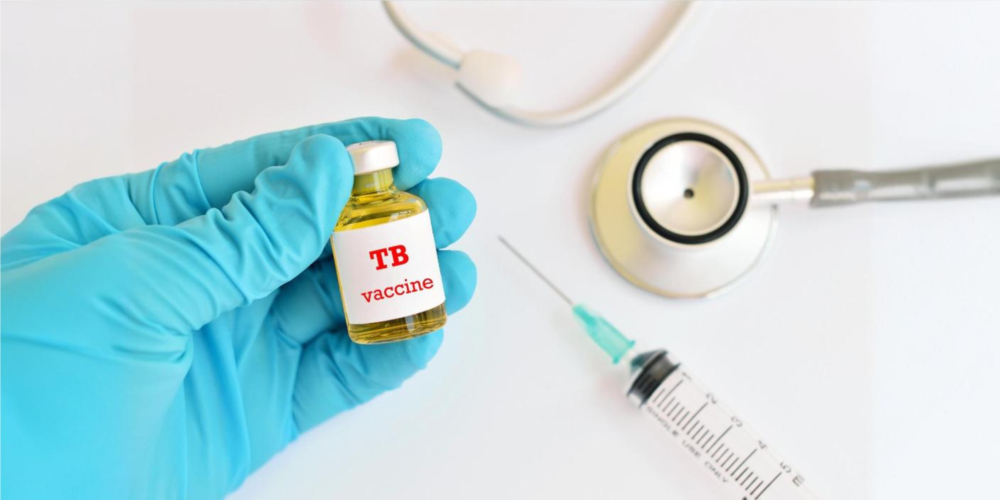Declare cancer notifiable nationwide, tax tobacco to fund research: Parliament panel
Given India’s rising cancer burden, declaring cancer notifiable would ensure systematic reporting and evidence-based policymaking,” the committee said
Author
Author
- admin / 5 months

- 0
- 3 min read

Author
A parliamentary committee has recommended that cancer be declared a notifiable disease across India, warning that inadequate data is undermining efforts to tackle one of the country’s fastest-growing health crises.
In its 163rd report presented to the Rajya Sabha on Wednesday, the Committee on Petitions headed by Narain Dass Gupta said, “Given India’s rising cancer burden, the Committee is of the view that declaring cancer notifiable would ensure systematic reporting, generate real-time and credible data, strengthen surveillance and enable evidence-based policymaking.”
At present, cancer data comes largely from the National Cancer Registry Programme, which covers only about 18 per cent of the population, a figure the panel described as insufficient to track national trends. Several states have already made cancer notifiable, but a uniform policy is missing.
The panel noted that oral cancer alone claims “over five people every hour,” with nearly 60,000 new cases annually. Alarmingly, “Indians are contracting oral cancer at a much younger age (i.e. those 40 years or younger) in comparison to the patients from the western population,” it added.
Call for tobacco cess
To curb rising cases, the committee urged the imposition of a high-risk cess or heavy taxes on tobacco products. The revenue earned may be utilised for supplementing cancer research and cancer care across the country, it said, while calling for extensive awareness campaigns, especially in educational institutions, to spread awareness of its ill effects.

Although the government has taken steps to reduce tobacco consumption, “the ground reality indicates that more needs to be done,” the report said.
Strengthening oncology workforce
The panel welcomed the expansion of undergraduate and postgraduate medical seats but flagged a shortage of oncologists and the migration of trained doctors abroad. “In light of such a high rate of exodus, the increased availability of medical seats is not resulting in a proportional increase in medical professionals serving within the country,” the committee observed.
It suggested a comprehensive study on medical manpower needs and proposed compulsory service norms for graduates who benefit from public funding. Simultaneously, the government should consider making the salary structures more attractive to encourage qualified professionals to practice domestically, it said.
Push for research, coordinated action
The report also highlighted India’s dependence on imported cancer medicines due to the inadequate level of domestic research and development. It urged higher budgetary allocations for oncology R&D, noting that the country has “considerable scientific and clinical talent.”
Beyond tobacco, the panel warned of carcinogens in air, water, pesticides and fertilisers, calling for an inter-ministerial strategy linking health, environment and agriculture ministries. Siloed approaches are counterproductive and synergy is essential to mitigate long-term health impacts, it said.
Also read: Fact Check: Are asymmetric breasts a sign of cancer?









